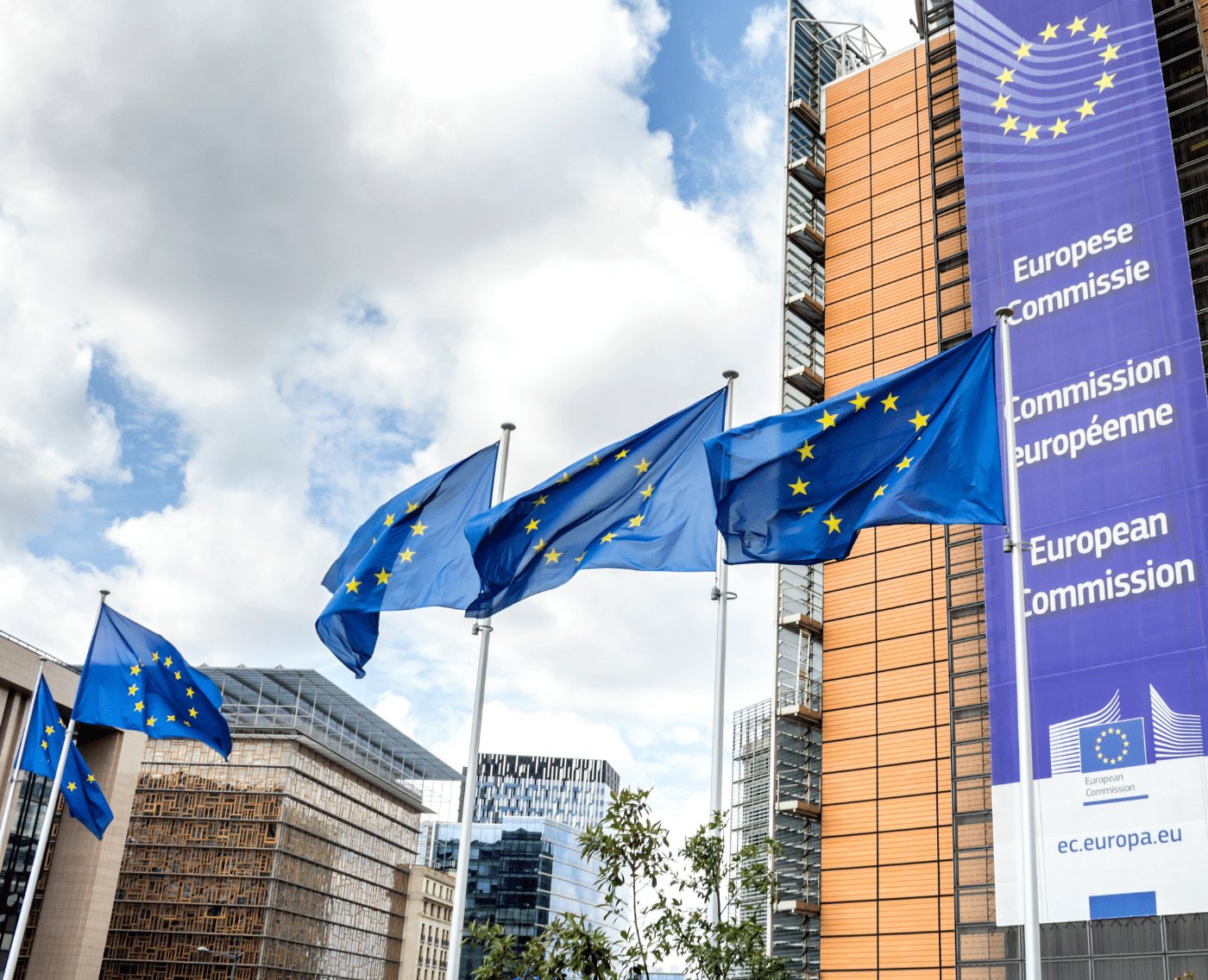New European Commission positioned to advance child rights online
President Ursula von der Leyen has unveiled the new European Commission for the 2024 – 2029 term, with a reframed focus on children’s rights in the digital environment.

While the Political Priorities reaffirmed earlier in July her commitment to the digital well-being of young users, the new configuration of the Commission may face challenges in streamlining children’s rights in digital policy, while ensuring that tech innovation caters for future generations. At 5Rights, we are ready to help overcome these challenges and trust that our priorities for the 2024-2029 term can serve this purpose.
The appointments and mission letters of the Commissioner-designates who – if confirmed by Parliament – will have a say on children’s rights in the digital environment, shed some light on how the next term may look like.
Children’s rights online: a priority spread – too thin? – across portfolios
Overall, children’s rights in the digital environment remain a priority. Not only the outgoing Executive Vice-President (EVP), Margrethe Vestager, said so in front of the plenary. This is also a key theme for the European People’s Party (EPP), the party that won the election – and whose members include the President and the EVP responsible for digital. Finally, children’s rights online are strongly intertwined to strategic priorities of security, safety and “tech sovereignty” in the portfolio of one of only six EVPs, Henna Virkkunen, who will thus be in a strong position.
Over the next 5 years, several Commissioners will be working on several critical deliverables that can strengthen children’s rights in the digital environment:
- Besides overseeing all the following work streams, EVP Virkkunen will be in charge of a robust enforcement of the Digital Services Act (DSA). As we explain in our report, the DSA must deliver on its promise to children, with technical standardisation as a means to ease compliance and support innovation into safer and empowering digital services for children.
- Commissioner for Justice McGrath will be responsible for tackling abusive practices such as dark patterns and addictive design, through the Digital Fairness Act. This law should focus on protecting vulnerable consumers, including children. By addressing these manipulative techniques, the Act may have the potential to fill the current gaps in existing legislation, ensuring that digital spaces are safer for children.
- Commissioner for Health Várhelyi will focus on the impact of social media on mental health. Studying and understanding the impact of social media on young people’s wellbeing, the Commission will be better equipped to shape future policies and provide evidence to support some of the systemic risks mentioned in the AI Act and DSA.
- Commissioner for Intergenerational Fairness, Culture and Sport Micallef will follow up on the Strategy on the Rights of the Child and develop a plan against cyberbullying. By looking at the root causes of cyberbullying and its connection to children’s broader experiences online, the Commission can streamline the focus on children’s rights across several legislations.
While this mandate has significant potential to advance children’s rights in the digital environment, there is also a risk that these efforts become diluted, fragmented or overshadowed by competing priorities. Strong coordination between the Directorates-General (DGs) of the Commission, most notably DG Connect and DG Justice, will be key to ensure that the DSA, the General Data Protection Regulation and the upcoming Digital Fairness Act – among others – can really work together for children’s rights.
Commissioners Várhelyi and Micalleff, holding relatively lighter portfolios and reportedly facing some frowns from the European Parliament, will need to establish themselves and develop constructive relations with services and DGs that are not in their field of action.
Finally, as EVP Virkkunen takes on a challenging portfolio with overlapping interests from defence and security to sovereignty and tech, it is crucial that the EU’s focus on growth, competitiveness, infrastructure, security and strategic autonomy does not overshadow the goal of a digital environment that protects children’s and all human rights by design and default.
The next five years present a unique opportunity for the EU. The challenges are significant, but with the right partnerships, policies, and enforcement, this Commission can make significant strides toward making the EU the safest and most empowering place to be online in the world, especially for children – a great competitive advantage for generations to come.
